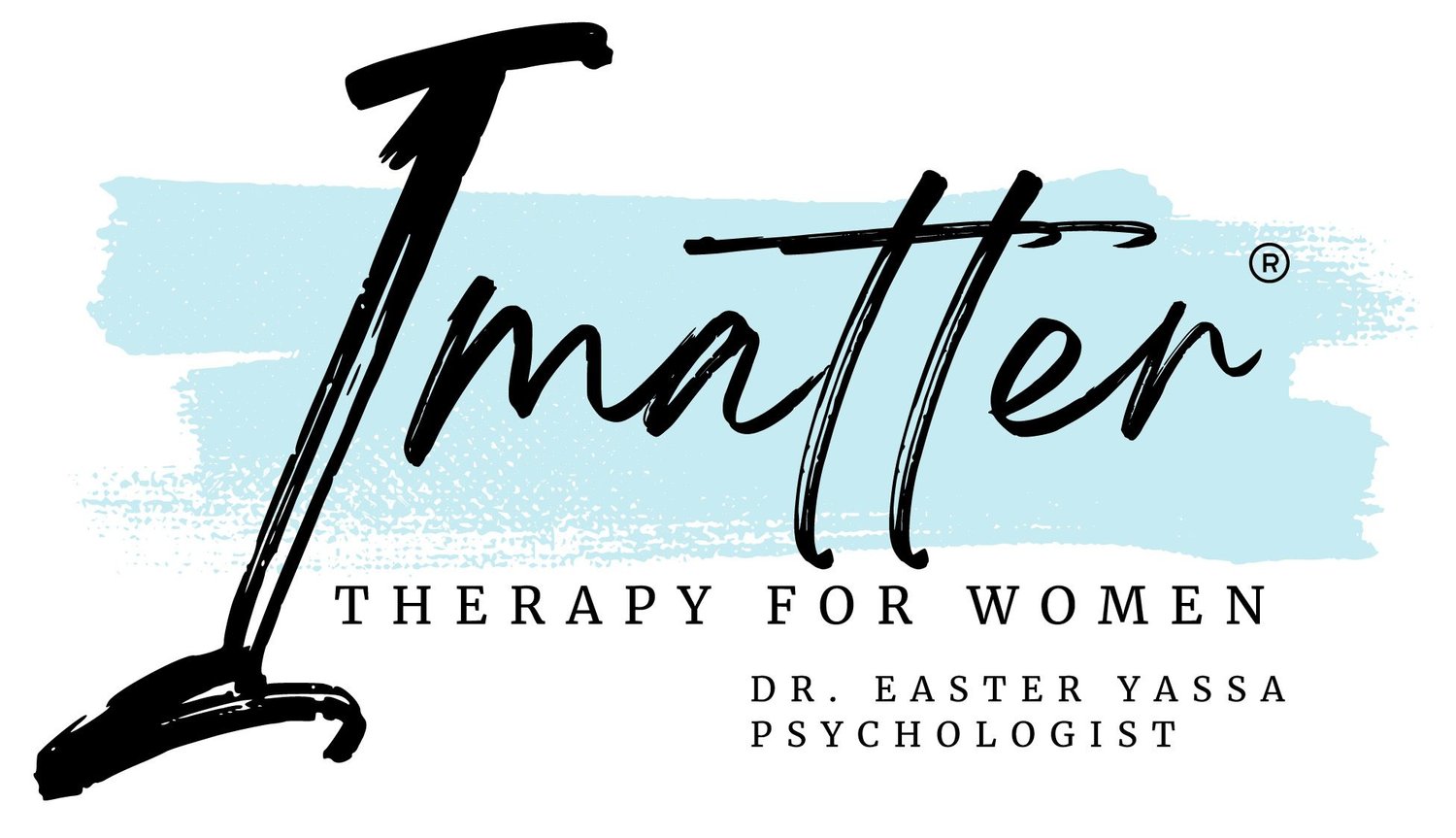
COVID-19 and your care.
INFORMATION REGARDING COVID-19 & YOUR THERAPY
Summary: Effective immediately and until further information is received from Dr. Hinshaw about the provision of in-person psychological services, I will only be providing psychological services by either video conference or by phone. In-person therapy sessions will no longer be provided from my office location.
Your health and wellbeing matters. I have been closely monitoring the COVID-19 situation and following Alberta Health Services and their recommendations to minimize spread and keep shared areas safe.
Please read on below for the steps I have implemented in my practice in response to the COVID-19 pandemic.
My priority is to help everyone stay healthy and safe and for my clients to continue to receive uninterrupted psychological treatment. As the situation is rapidly evolving, this page will be updated to reflect these changes. Please don't hesitate to contact me if you have any questions or concerns.
Support for Psychologists supporting clients dealing with COVID-19 can be found here.
Dr. Easter Yassa, Registered Psychologist
Owner & Chief Sanitizer
RELEVANT UPDATES
On March 27, 2020, the Government of Alberta (GOA) updated their website (https://www.alberta.ca/essential-services.aspx) to indicate that businesses and services on the “essential services list” can continue to provide services at locations accessible to the public, as long as they have proper risk mitigation measures in place. The list of essential services includes “mental health and addictions counselling and support”, which would include services provided by most psychologists.
While it appears that psychologists would be included as an essential service, on March 27, 2020, Dr. Deena Hinshaw, pursuant to her authority under s. 29(2.1) of the Public Health Act, issued CMOH Order 07-2020 (https://open.alberta.ca/publications/cmoh-order-07-2020-2020-covid-19-response), which provides that:
1. Any place or business offering or providing “non-essential health services” is no longer permitted to provide services to the public at a location that is accessible to the public;
2. Health professionals can still provide “non-essential health services” if they are deemed to be urgent.In her Order, Dr. Hinshaw defined “essential services” and “non-essential services” as follows:
“Non-essential health service” includes any service that is generally done to promote or maintain health of an individual and where the interruption of the provision of services will not result in an individual’s life, health or safety being immediately endangered;
“Essential service” is a service considered critical to preserving life, health, public safety and basic societal functioning.While the information on the GOA's website suggests that psychologists are presumptively deemed to provide “essential services”, and can therefore continue to provide services directly to the public, Dr. Hinshaw’s order suggests that whether or not a psychologist is providing an essential service is contextual, and depends on whether the service is “critical to preserving life, health, public safety and basic societal functioning.”
TELEHEALTH (REMOTE, ONLINE) & PHONE SESSIONS
At this time all new and existingclients are being transitioned to a phone or Telehealth/ online psychological treatment option.
In order to better meet the needs of the public in this unprecedented time, and effective immediately, psychological services are being provided to all new or existing clients by either Telehealth/ video conference or by phone. Telehealth sessions are being provided using a safe, secure and PHIPA compliant online video conferencing (Telehealth) platform called doxy.me.
If you have an in-person appointment already booked with me in the coming days or weeks I will be contacting you prior to your scheduled appointment to discuss switching your appointment from in-person to one by Telehealth/ video conference or by phone.
Out of my commitment that all new or existing clients continue to receive uninterrupted psychological treatment, and in order to make the transition to sessions by Telehealth/ video conference easier and more manageable for clients who choose this option (vs. phone), I will be scheduling video conference "tech set up" sessions as needed and appropriate at no charge in order to help clients determine if the video conference platform is a fit for a their needs/ therapy and address any issues with its use.
Whether you are a new or returning client, to book a Telehealth/ video conference session please click here and under Services select either a first (if you are a new client) or follow-up (if you are an existing client) video conference session.
WHAT YOU CAN DO
Other actions you can take to stay safe and healthy are:
Wash your hands frequently for at least 30 seconds with hot water soap. Sing the "happy birthday" song twice to yourself while doing this.
Cover your mouth and nose when you cough and/or sneeze with the inside of your elbow, not your hand.
Avoid touching your eyes, nose and mouth.
Avoid sharing items with others (eating utensils, stationary etc).
Avoid unnecessary contact with others like handshakes, hugs, etc., and instead use waves, nods, smiles, etc.
Keep healthy: get rest, eat well, wash your hands often.
Educate yourself on transmission routes, quarantine times, and prevention tips
Stay Informed – Not Overloaded
With major news events, media inundates us with coverage & potential implications – that can create additional stress. Gather information that will help you accurately determine your risk so that you can take reasonable precautions. Framing risk with clear facts helps quell panic. Alberta Health Services, the World Health Organization, Public Health Agency of Canada, & the US Center for Disease Control are all reliable information sources. Minimize unnecessary exposure to stories or gossip about the pandemic.
Stay healthy
A healthy lifestyle is your best defence against disease. Physical health has positive impacts on psychological health (and vice versa). Social distancing & good personal hygiene will keep you, & others, safe.
ADDITIONAL SUPPORT & RESOURCES
AHS Mental Health Helpline – 24/7, toll free: 1-877-303-2642
AHS Toll free Crisis Line/Distress Centres –
for 780 area code: 1-800-482-4357;
for 403 area code: 1-800-784-2433
More Alberta Health Services helpline numbers here
Kids Help Phone Crisis Line: 1-800-668-6868
Salvation Army Crisis Line: 780-429-0230
CMHA Distress line – 24/7: 780-482-4357
CMHA Rural Distress Line: 1-800-232-7288
Canada Suicide Prevention Service (CSPS) – 24/7, English & French: 1-833-456-4566
First Nations & Inuit Hope for Wellness Help Line – 24/7: 1-855-242-3310
Canadian Indian Residential Schools Crisis Line: 1-866-925-4419
Trans LifeLine: 1-877-330-6366
WHAT I AM DOING & POLICY CHANGES
Effective immediately and until further information is received from Dr. Hinshaw about the provision of in-person psychological services, I will only be providing psychological services by either video conference or by phone. In-person therapy sessions will no longer be provided from my office location.
The one exception to the above is if a client is in crisis and, after following the GOAs guidelines for screening, it is deemed a matter of urgency that a client be seen in person for psychological services. In this case then in-person services may be provided as long as they adhere to the GOAs requirements for heightened sanitizing practices and physical distancing.
If a client when coming in for an urgent/crisis session, presents with flu-like symptoms (even mild) while here, in order to minimize exposure and adhere to the GOAs requirements that require social isolation for a minimum of 10 days if symptoms associated with COVID-19 (shortness of breath, cough, runny nose, sore throat, fever) appear, I will immediately ask you to return home and call 811 Health Link.
I will continue to relax my 24-hour cancellation/rescheduling policy if clients are sick or have flu-like symptoms. If you feel sick and have flu-like symptoms, please make sure to call to let me know so your appointment can be rescheduled.
Please see below for information on sessions by Telehealth/ video conference and phone .
MANAGING YOUR STRESS
Limit your media consumption to just enough to stay informed. Take some time for yourself, go for a walk, or spend time with friends & family doing things that you enjoy.
Avoid getting into discussions about the event if you think they have the potential to escalate to conflict. Be cognizant of the frequency with which you’re discussing the news.
Stress & anxiety about the future is not productive. Instead, work on issues you care about.
Remember that life will go on. People have always survived difficult life circumstances. There is no reason why this situation cannot be similar. Avoid catastrophizing & maintain a balanced perspective.
Build your resilience. We can learn to adapt well to stress. How have your coped with stressors before? Add resilience tools to your tool bag to manage life’s adversities.
Keep connected. Maintain your social networks (even via social media & telephone).
Keep things in perspective. Our government needs to prepare for possible worst-case scenarios in order to protect the public. The public, however, does not need to expect the worst.
Have a plan. How would you respond if you or a loved once were diagnosed with COVID-19? Developing contingency plans for potential scenarios can lessen your anxiety.
WHEN TO SEEK PROFESSIONAL HELP
Psychologists are trained to help people find constructive ways of dealing with anxiety & emotional stress. Contact a psychologist if:
You feel overwhelming nervousness or lingering sadness adversely affecting you.
You notice persistent feelings of distress or hopelessness & you feel like you are barely able to get through your daily responsibilities & activities.
NO CHARGE PHONE OR TELEHEALTH (ONLINE) SESSIONS FOR ALBERTANS COPING WITH COVID-19
We are all dealing with the impact of COVID-19 on our lives and our livelihood. To support Albertans in their mental health at this emotionally and financially challenging and unprecedented time the Psychologists' Association of Alberta (PAA) would like to help those Albertan’s who are experiencing distress due to the COVID-19 Pandemic. The PAA has assembled a Disaster Response Network and it's members are offering pro-bono psychological services with priority for health care providers and first responders traumatized by recent events. This is not a crisis line or a referral service but pro-bono support by volunteer psychologists of 1-3 sessions for those in need. Sessions are conducted by phone or by video conference. I am a member of the PAA Disaster Response Network.
To access this service, contact the PAA Office at:
Email: paa@paa-ab.ca
Phone: (780) 424-0294 or Toll Free 1-888-424-0297

RESILIENCE
I can be changed by
what happens to me.
But I refuse
to be reduced by it.
- Maya Angelou

